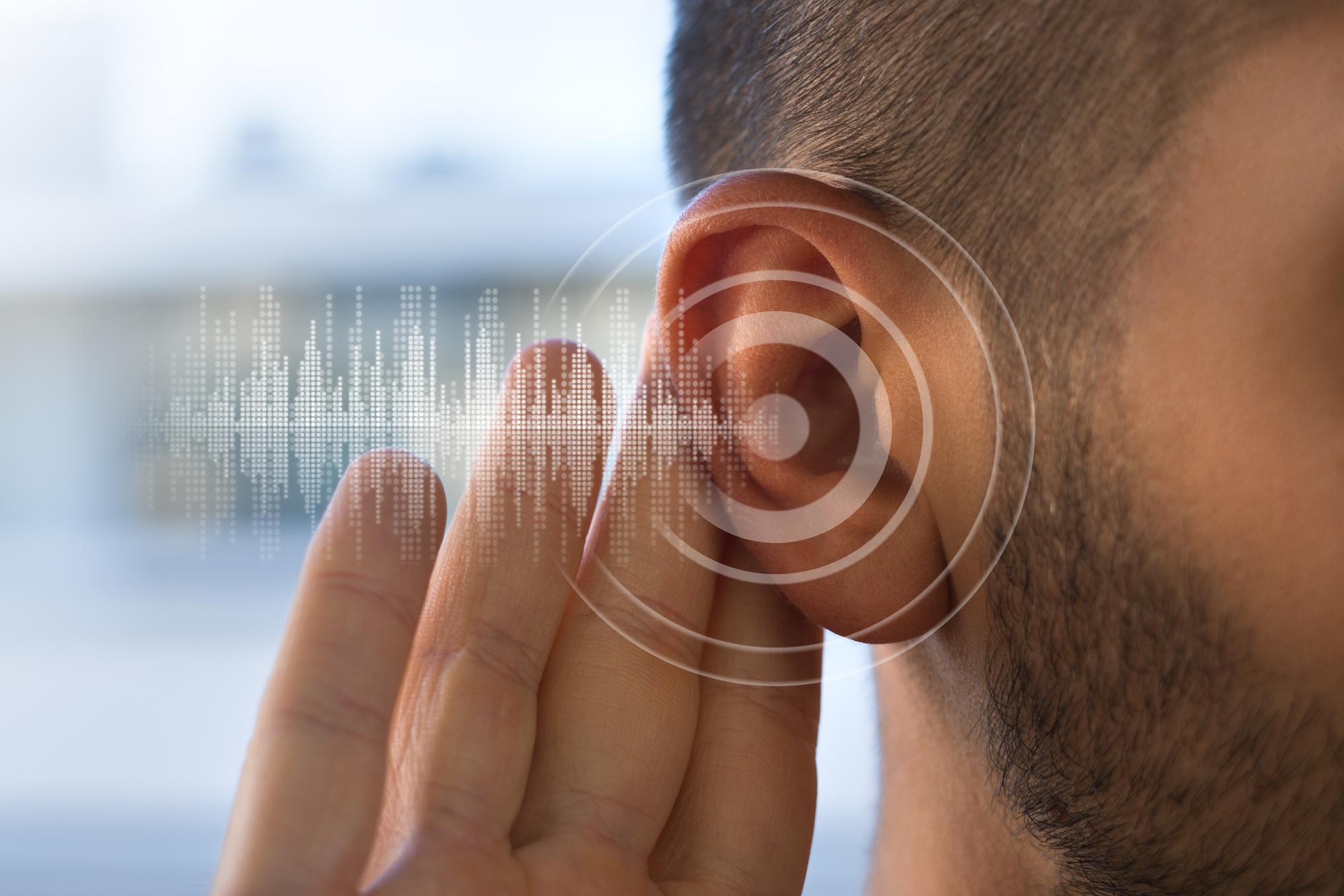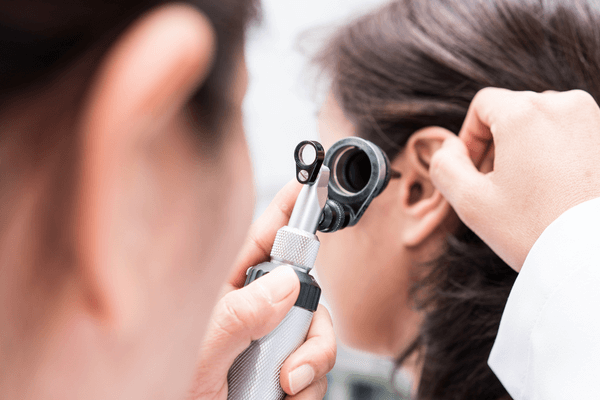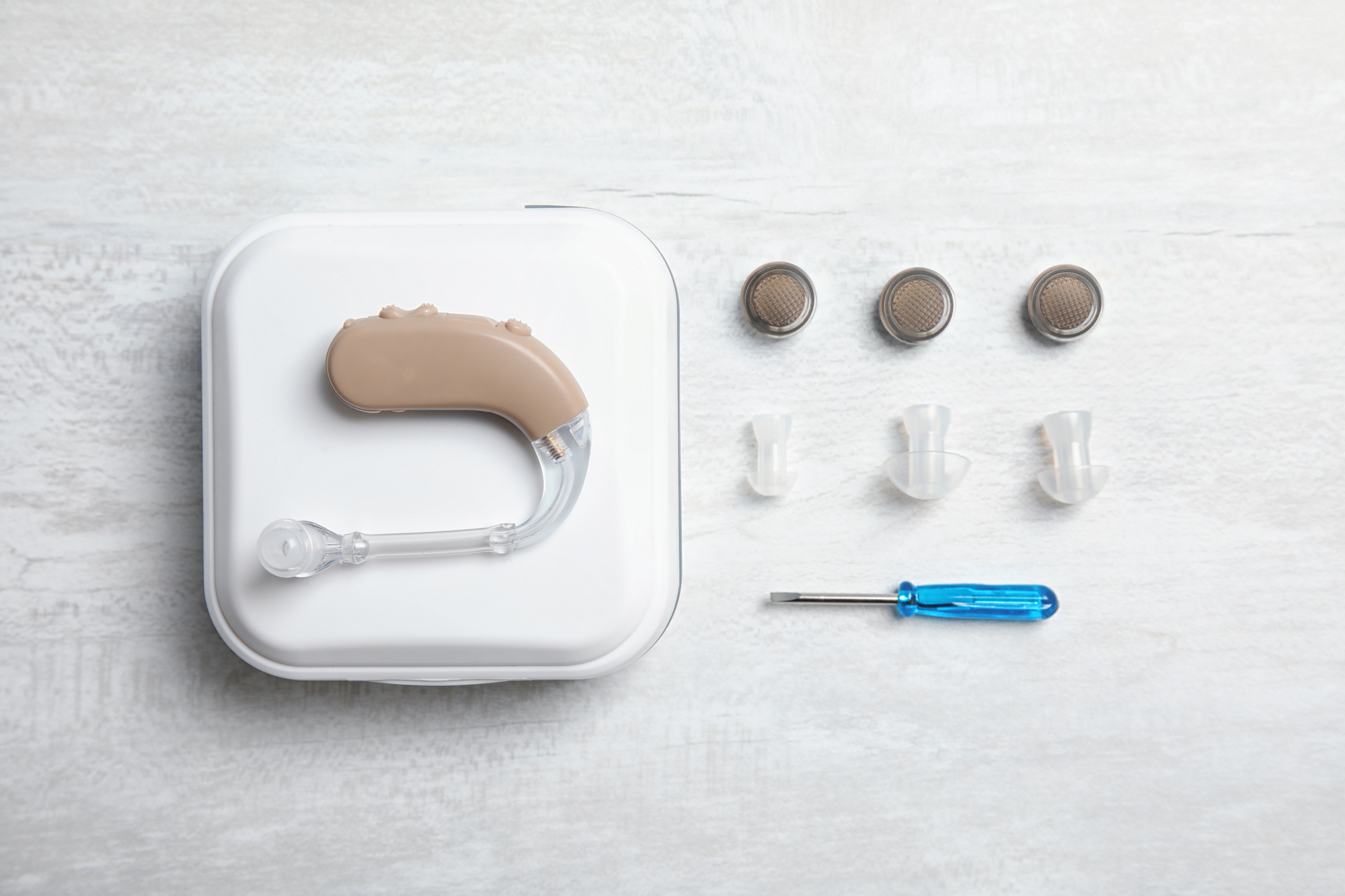Happy New Year from Tim Harmon and the staff at Purchase Ear Technology in Paducah, KY. As we roll into a New Year, we would like to offer a few tips for our friends who wear hearing aids.
- Schedule a Hearing Checkup: Kick off the New Year by scheduling a comprehensive hearing checkup with Tim Harmon at Purchase Ear Technology. Regular checkups ensure that your hearing aids are functioning optimally and that any adjustments or maintenance can be addressed promptly.
- Update Hearing Aid Technology: Consider upgrading your hearing aid technology to take advantage of the latest advancements. At Purchase Ear Technology, we can guide you through options that may enhance your listening experience, offering improved clarity and connectivity features.
- Establish a Cleaning Routine: Make it a resolution to keep your hearing aids clean and well-maintained. Regular cleaning helps prevent wax buildup and ensures clear sound transmission. We can provide guidance on the proper cleaning techniques and tools for your specific hearing aids.
- Protect Your Hearing in Loud Environments: Resolve to protect your hearing in noisy environments by using ear protection or adjusting your hearing aid settings accordingly. Tim can help you customize your hearing aids to accommodate different environments, ensuring optimal performance in various sound conditions.
- Explore Assistive Listening Devices: Start the year by exploring assistive listening devices that complement your hearing aids. We can introduce you to devices like captioned telephones or TV streaming accessories that enhance your overall communication and entertainment experience.
- Practice Communication Strategies: Enhance your communication skills by practicing strategies to improve understanding in challenging situations. Tim and our trained staff can provide tips on effective communication techniques and offer guidance on how to express your hearing needs to friends, family, and colleagues.
Wishing you a joyful and sonorous New Year from Tim Harmon at Purchase Ear Technology in Paducah, KY! If we can be of assistance to you in the New Year, please give us a call at (270) 558-3996. At Purchase Ear Technology, you are more than a patient. YOU ARE FAMILY.









